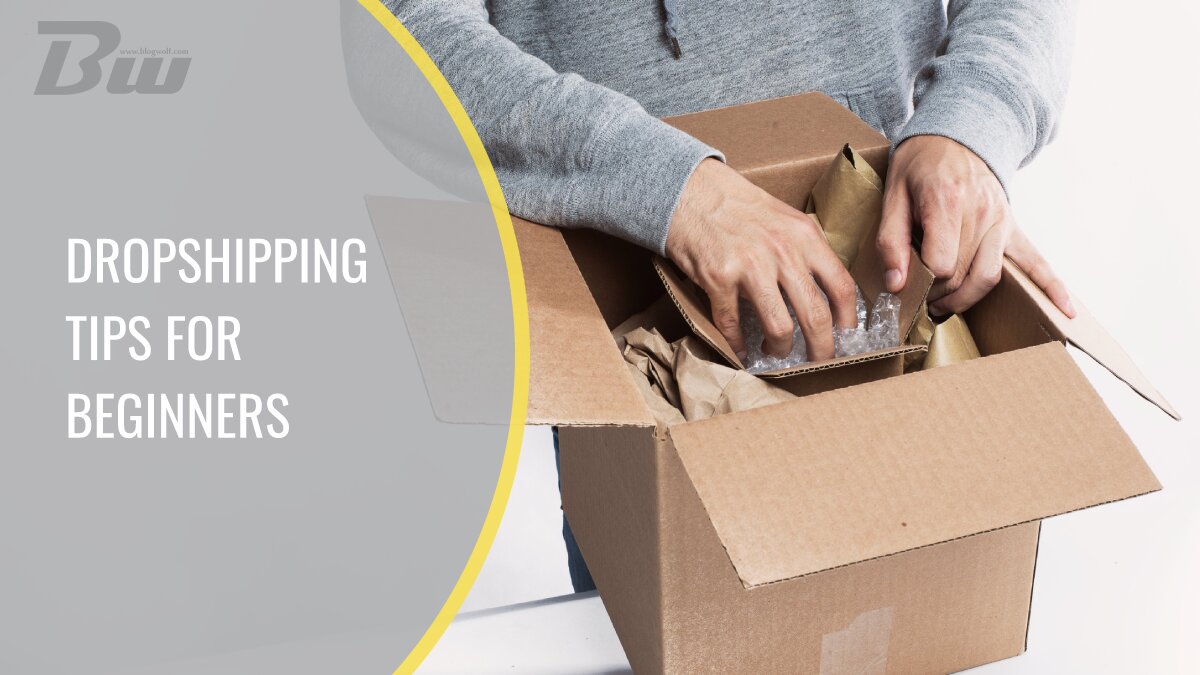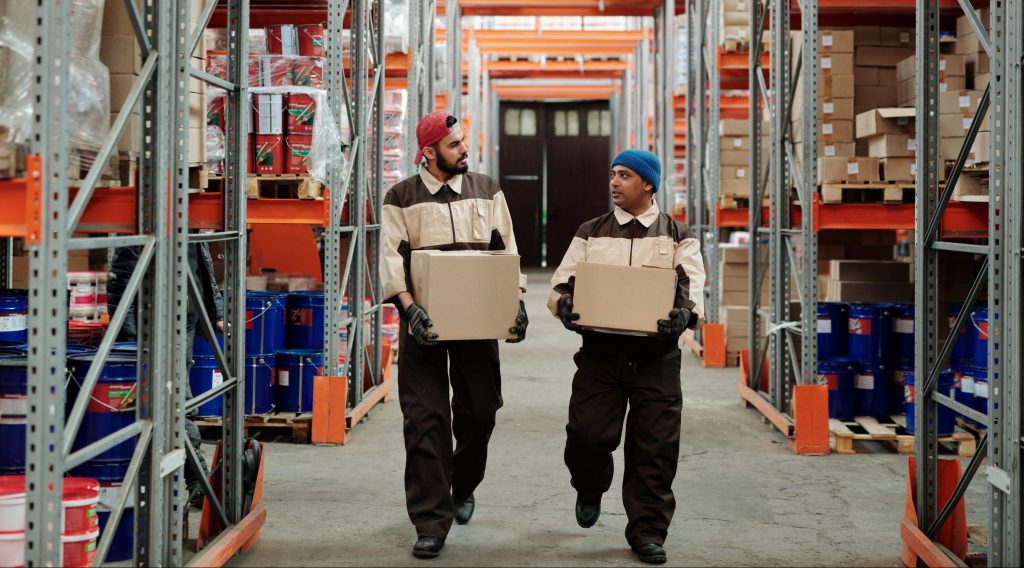Table of Contents
Ever had a great idea for an online web store, but when it came down to realizing that idea, you felt overwhelmed by startup costs, logistics, and other hassles? Now imagine this, someone decided to help you with these initial steps. They offered to pay for your upfront inventory costs on hundreds or even thousands of items and help you manage the fulfillment operations. Sounds too good to be true? A couple of years ago, maybe, but now, we have dropshipping.
Dropshipping circumvents the problems of starting an online store by having you, as a seller, be the middle man between the buyer and the manufacturer or a wholesaler.
As a seller in the dropshipping model, your job is to take care of marketing and find potential buyers. Dropshipping eliminates the costs of warehousing, additional employees, hassle with the shipping, etc. Dropshipping became very popular lately, and the competition is high. Here are 6 tips that will help you differentiate yourself from the rest of the crowd.
Top 6 Dropshipping Tips for Beginners
Managing inventory and multiple suppliers
One of the greatest challenges you will face in dropshipping is managing and maintaining your inventory when you have multiple suppliers. If this is done poorly, it will lead to the loss of potential customers and diminished loyalty to existing ones. No one likes shopping on a site where half of their offer is out of stock. Or even worse, imagine the seller having to constantly inform the customers that their order is out of stock. That is just bad business.
Thankfully, there are ways you can solve this issue. One way is to use multiple suppliers with an overlapping inventory. Choose your products wisely. The more suppliers that have that product, the better.
Avoiding security concerns about payment

The increase in online shopping has led some people to be somewhat skeptical about its security. It is your job, as a seller, to take this issue very seriously as it can have a huge impact on your business. For example, you might be considering how saving and storing their credit card data would ease purchasing for your loyal customers.
But this is a huge hassle from both a legal and business standpoint. As a great alternative, you can offer your customers different payment options, such as PayPal. You also need to prevent fraudulent orders. One of the best ways to do this is Address Verification System (AVS).
Dealing with returns in dropshipping
In every business that involves selling, customers will want to return their product for one reason or another. Maybe the size is wrong, there is a manufacturing defect, the reason is irrelevant for this point. You need to figure out how to balance a good return policy and comply with your suppliers’ return policies.
If your supplier has, for example, a 40-day return window, you can be very flexible with your return options. On the other hand, a strict return policy when you have just one supplier can be problematic.
Also, pay attention to the return shipping fees. If you want to attract and maintain a loyal customer base, do think about handling this cost yourself. It might slightly impact your profits in the short term, but in the long run, this will project that you are a quality business that values its customers and will boost the social approval of your store immensely.
Shipping issues
With so many choices and options, accurately calculating shipping costs for your customers can be quite a task. There are 3 main types of shipping rates that you can use in your dropshipping store: real-time rates, per-type rates, and flat rates.
For people who are just starting to do dropshipping, the recommended method is the flat rate one as it is the simplest to implement and will not take time away from more pressing issues, like search engine optimization, marketing, and other activities that are supposed to boost your business. Estimate the average shipping fee for your items and set that as the flat rate.
Once your business is grown, and beyond the initial stages, you can try to make a more sophisticated and exact method.
Provide customer support
This is a very basic thing that is often overlooked when setting up an online store. You might think that you can personally handle any customer emails, but you will soon find yourself flooded with work that will, once again, detract from your main objectives as a dropshipping business owner. It is a good idea to implement a help desk and write a couple of FAQ articles to ensure your service quality.
There are many flavors of help desk applications and services but what they have in commons is that they provide a centralized place for managing customer support correspondence and their issues.
Focus on marketing
Marketing is one of the things that will make or break your online store in the beginning. You can’t make sales if there is no one there to buy the items you are trying to sell. You need a constant and steady stream of traffic to your store for it to be maintainable and profitable. The best areas to focus on early in your dropshipping career are search engine optimization (SEO), Facebook Ads, and Google Ads.
There are many useful services and plugins that offer easy SEO tuning, making your store more visible to potential consumers. Marketing is where you should spend most of your time after you have set up the basic logistics of your store.
Wrapping Up
There are many more tips and tricks when it comes to dropshipping, but these 6 should be enough to cover your basics. In short, focus on reaching your customers, grabbing their attention, and making it easy for them to make a purchase. Do your best to create quality social proof, build trust and retain your customer base.
Remember, in the beginning, you will be competing with hundreds and thousands of other people trying to do the same thing as you. You need to differentiate yourself by creating a better shopping experience and having good marketing strategies. Best of luck in your dropshipping adventures!






